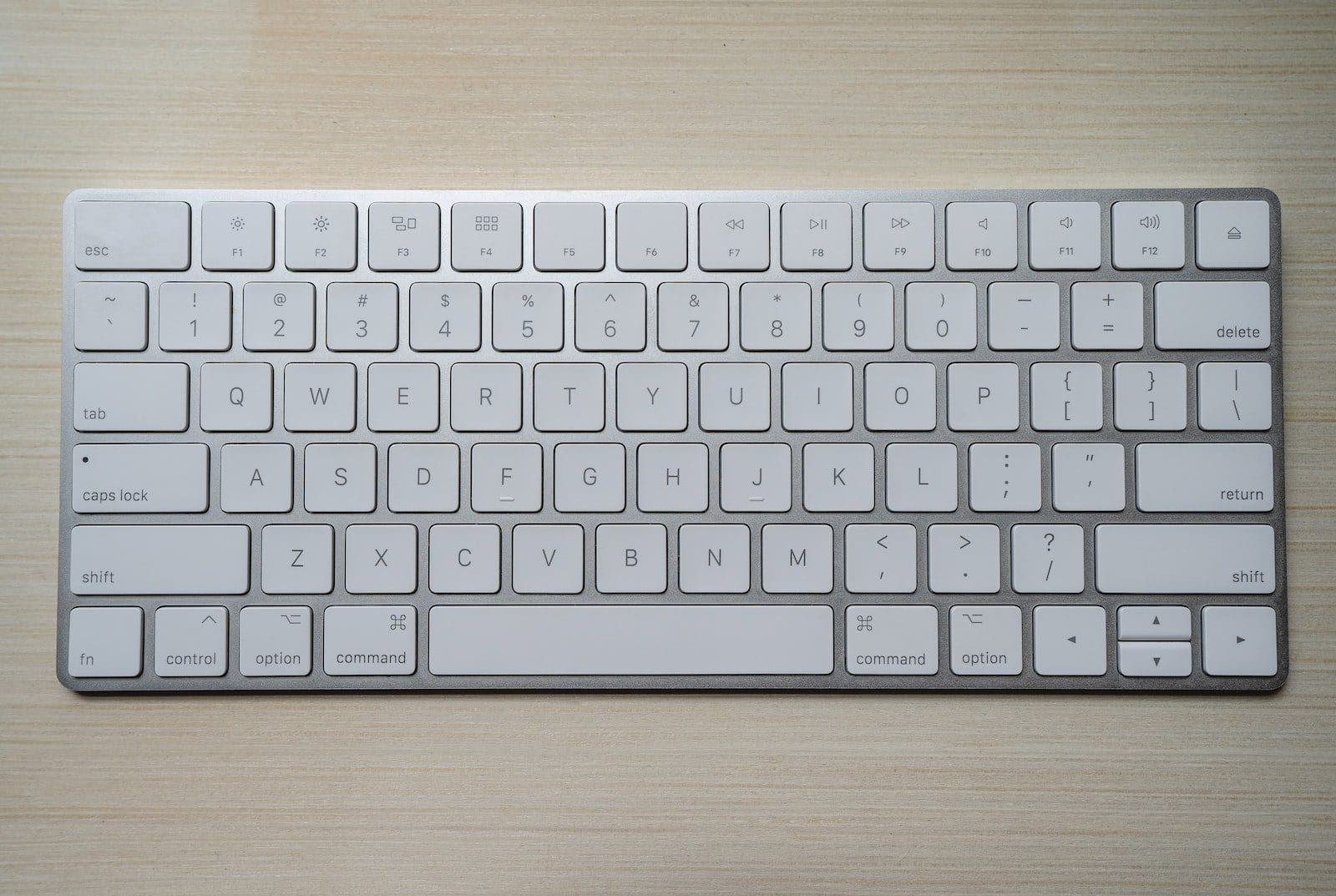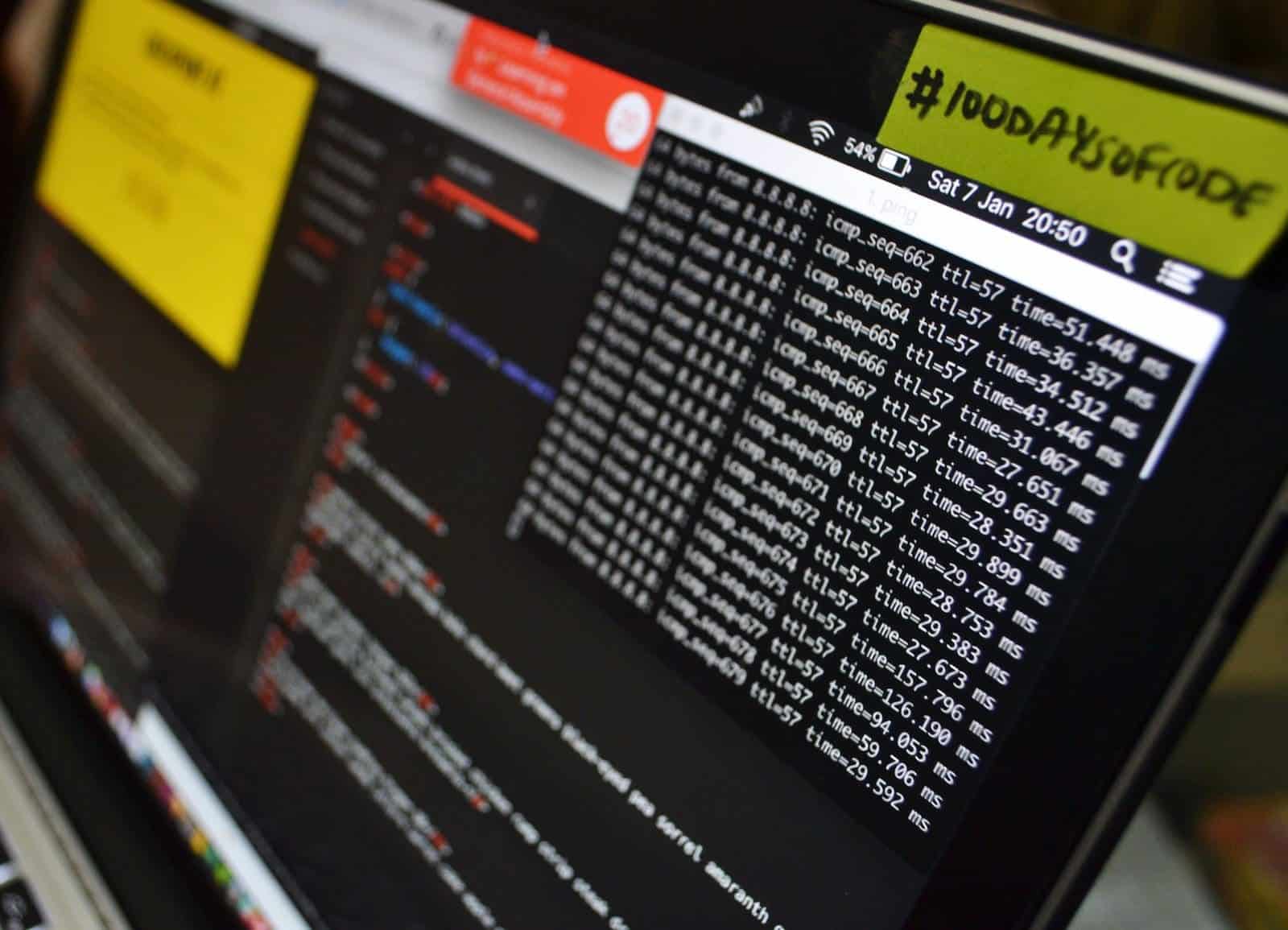Unicode is the Information Technology standard for encoding, representing, and handling texts in writing systems. ASCII (American Standard Code for Information Interchange) represents computer text, such as symbols, digits, and uppercase and lowercase letters.
They depict text for telecommunication devices and computers. ASCII encodes only several letters, numbers, and symbols, whereas Unicode encodes many characters.
Key Takeaways
- Unicode is a character encoding standard that supports a wide range of characters and scripts. At the same time, ASCII (American Standard Code for Information Interchange) is a limited-character encoding scheme representing English letters, digits, and symbols.
- Unicode can represent over a million characters, while ASCII can represent only 128 characters.
- Unicode supports various writing systems, including non-Latin scripts, while ASCII is limited to the basic English alphabet and a few additional symbols.
Unicode vs ASCII
Unicode is a much broader standard that can represent almost all characters used in any language or script. ASCII stands for American Standard Code for Information Interchange, which is a 7-bit encoding system that represents 128 characters, including letters, numbers, and special characters.

The latter term functions by converting the characters to numbers because it is easier for the computer to store numbers than the alphabet.
Comparison Table
| Parameters of Comparison | Unicode | ASCII |
|---|---|---|
| Definition | Unicode is the IT standard that encodes, represents, and handles text for computers, telecommunication devices, and other equipment. | ASCII is the IT standard that encodes the characters for electronic communication only. |
| Abbreviation | Unicode is also known as Universal Character Set. | American Standard Code for Information Interchange is the complete form of ASCII. |
| Function | Unicode represents many characters, such as letters of various languages, mathematical symbols, historical scripts, etc. | ASCII represents a specific number of characters, such as uppercase and lowercase letters of the English language, digits, and symbols. |
| Utilizes | It uses 8bit, 16bit, or 32-bit to present any character, and ASCII is subordinate to Unicode. | It uses 7bits to present any character. It does so by converting the characters to numbers. |
| Space occupied | Unicode supports a large number of characters and occupies more space. | ASCII supports 128 characters only and occupies less space. |
What is Unicode?
Unicode is the IT Standard for encoding, representing, and handling text for computers, telecommunication devices, and other equipment.
It encodes various characters such as texts in multiple languages (also bidirectional texts such as Hebrew and Arabic with right-to-left scripts), mathematical symbols, historical writings, and many more.
Unicode operated three kinds of encodings, namely UTF-8, UTF-16, and UTF-32, that used 8 bits, 6 bits, and 32 bits, respectively.
Unicode supports many characters and occupies more space in a device; therefore, ASCII forms part of Unicode. The ASCII is valid in UTF-8, which contains 128 characters.

What is ASCII?
ASCII is the encoding standard used for character encoding in electronic communications. It is primarily used for the encoding of the English alphabet, the lowercase letters (a-z), uppercase letters (A-Z), symbols such as punctuation marks, and the digits (0-9).
American Standard Code for Information Interchange or ASCII encodes 128 characters predominantly in the English language used in modern computers and programming.
ASCII was primarily used for character encoding on the World Wide Web and is still used for modern computer programs such as HTML.
ASCII encodes any text by converting the text into numbers because the set of numbers is easier to store in the computer memory than the alphabet as a language.

Main Differences Between Unicode and ASCII
- Unicode uses 8bit, 16bit, or 32bit for encoding large numbers of characters, whereas ASCII uses 7bit to encode any symbol because it comprises only 128 characters.
- Unicode occupies larger space because it is the superset of ASCII, whereas ASCII requires less space.
This article provides a comprehensive analysis of Unicode and ASCII
It’s very detailed
Indeed
This is a bit complex for me to understand
I think with more time and practice, it becomes clearer
This article explains the topic in depth
It’s exhaustive
It’s quite elaborate
The article brings up some interesting points
Indeed, it’s a comprehensive overview
It’s hard to find more detailed and comprehensive information on this topic
This article serves as a valuable resource
It’s impressive
I find the article a bit redundant
It may seem repetitive for those already familiar with the topic
A well-structured article indeed
Absolutely
This is a very informative article!
I agree!
The article provides essential information in an easy-to-understand manner
It’s great to find such a well-prepared overview
It’s impressive
A great comparison between Unicode and ASCII
It’s educational
Yes, it clarifies the distinction extremely well